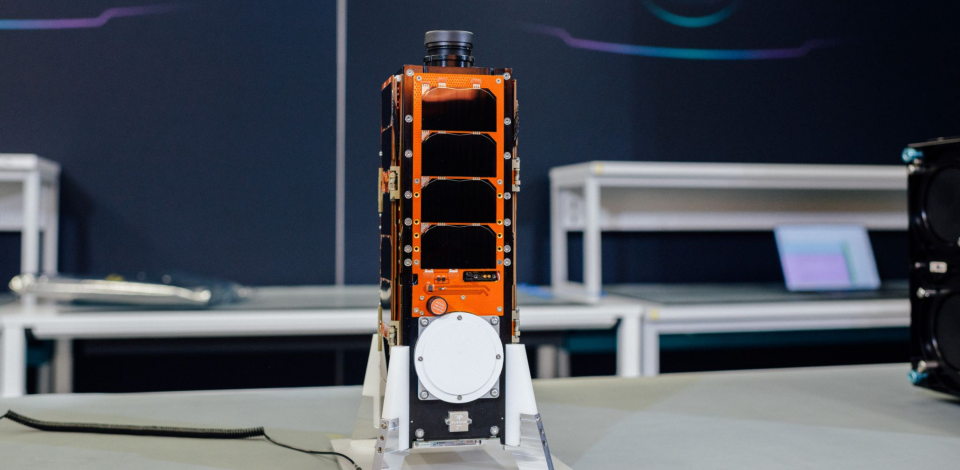
2024-03-12
The sky is no longer the limit: DST by land, sea, air and space
Founded in 2008 with the aim of establishing a fibre-optic network covering 11 municipalities in the north of Portugal, DSTelecom has now "surpassed the 900,000 homes covered mark, expanding its infrastructure to more than 145 municipalities", says Ricardo Salgado, CEO of the DST group's telecommunications arm, in a statement to Negócios.
Currently, he says, DSTelecom's network has all the retail operators operating in Portugal, both fixed and convergent, providing services on the network, "demonstrating the neutrality and transparency of their networks and businesses", he emphasises, adding that the company has an expansion plan underway that foresees reaching around one million homes covered by the end of this year.
"We are convinced that we are an active agent and driving force behind the socio-economic development of the regions where we provide the network and multi-operator telecommunications services," defends Ricardo Salgado, considering that this digital motorway "has contributed, more than to settling people, to attracting people, helping to attract investment and, consequently, to creating wealth in these regions."
Meanwhile, DSTelecom has collaborated with Portuguese retail operators to expand the multi-operator business model from the fixed to the mobile segment, "especially in municipalities where there are already synergies created by fibre coverage," says the CEO of the company, which closed 2023 with a turnover of 50.4 million euros, 7.5 million more than the previous year.
After land and air, DSTelecom entered the sea: a collaboration with the Portuguese Navy and INESC-TEC led to the launch of a prototype sensorised submarine cable, two kilometres long, in the vicinity of the port of Sesimbra, in the open sea and to depths of over 100 metres.
"Earthquakes, tsunamis, marine fauna, pollution, boat traffic, submersibles and water temperature are all part of the wealth of data that can be captured in real time using this pioneering sensorised infrastructure," explains Salgado. Thus,
"Capitalising on the trust of the Portuguese market, DSTelecom has positioned itself to be an active partner in the management and sensorisation of the new submarine cables that will connect the mainland to the Azores and Madeira archipelagos," he says.
After conquering land, air and sea, DSTelecom has now reached space as part of a consortium of a dozen organisations - on board the first satellite developed, built and operated from Portugal, which was launched last Monday.
The company from Braga developed communication technology for the MH-1 nano-satellite, the aim of which is to provide connectivity to terrestrial sensors beyond the reach of traditional means of telecommunications. "Within the scope of its competences, our work has focused mainly on developing digital signal processing algorithms, with the aim of demodulating the signals received by the satellite and modulating the processed signal to send back to earth," he explains.
DSTelecom's mission: "This involvement underlines the company's commitment to expanding the offer of services in open and neutral wireless connectivity infrastructures, both by land, air and sea, and by space, guaranteeing universal connectivity," concludes Ricardo Salgado.
Source: Jornal de Negócios